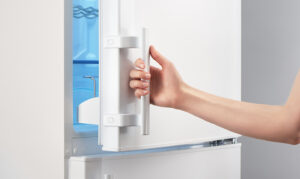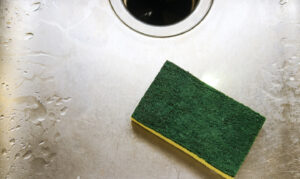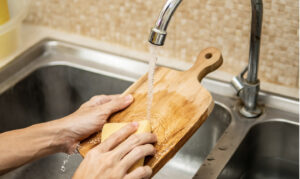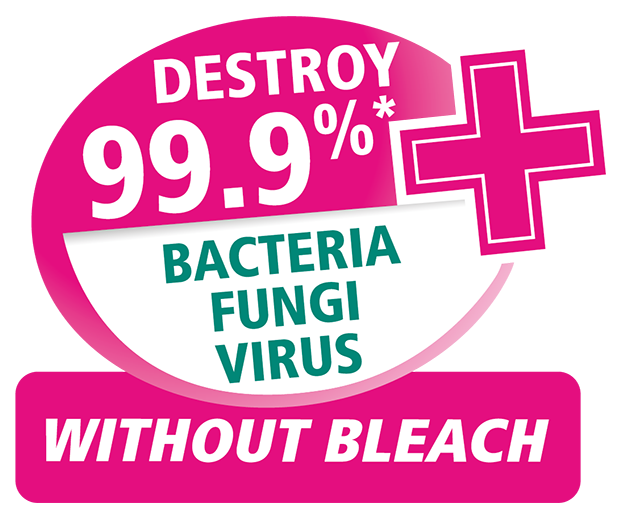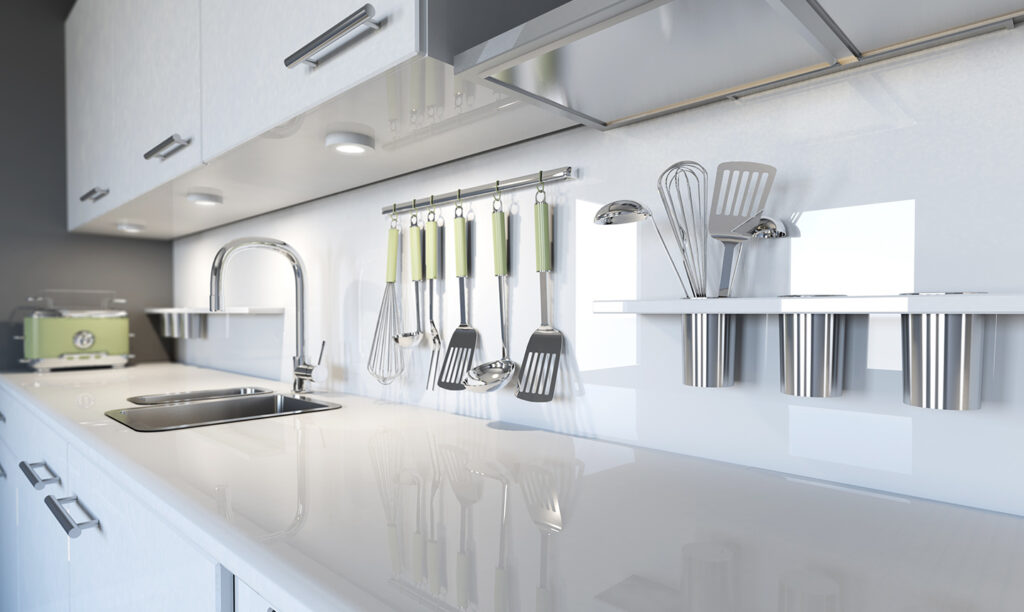
The kitchen is a space that requires deep cleaning since food is handled, prepared and preserved there and it is where steam, humidity and heat accumulate.
All these characteristics make the kitchen a very favourable place for the spread of bacteria and germs.
Where should focus on when we clean?
Rags and sponges, which are the most commonly used items for cleaning dishes and counter tops, are actually the place where most microbes accumulate. If we do not disinfect them properly between uses, they can be particularly prone to germs. The smell of scouring pads and cloths is due precisely to the presence of bacteria in them.
Cutting boards are a major focus of bacteria. They must be thoroughly cleaned after cutting raw meat to avoid cross contamination of food. Ideally, use different boards to cut different types of food: one for meat, one for vegetables… and also distinguish between raw and cooked food.
When cleaning the kitchen, we might consider a disinfection routine created by the microbiologist Charles Gerba, which distinguishes the most contaminated areas, which require daily disinfection, and others that need more sporadic disinfection:
- Daily disinfection:
- Sponges and tea towels
- Cutting board
- Sink and drain
- Disinfection three times a week:
- Worktop
- Disinfection weekly:
- Kitchen flooring
Home appliances should be particularly considered, especially those in direct contact with food, such as the fridge. But we should not forget about small household appliances, such as the coffee machine, whose humidity and darkness make it an ideal place for the growth of bacteria and fungi.
It is not enough to use detergent and water to thoroughly clean the kitchen and disinfect quickly and safely, since we do not eliminate the germs entirely. Multi-Purpouse Disinfectant Kitchen helps you effortlessly remove grease and dirt, while disinfecting thoroughly to make cleaning easier. It does not contain bleach, does not damage surfaces and eliminates 99.9% of germs such as Listeria, Salmonella or E-coli that can cause gastrointestinal infections.
